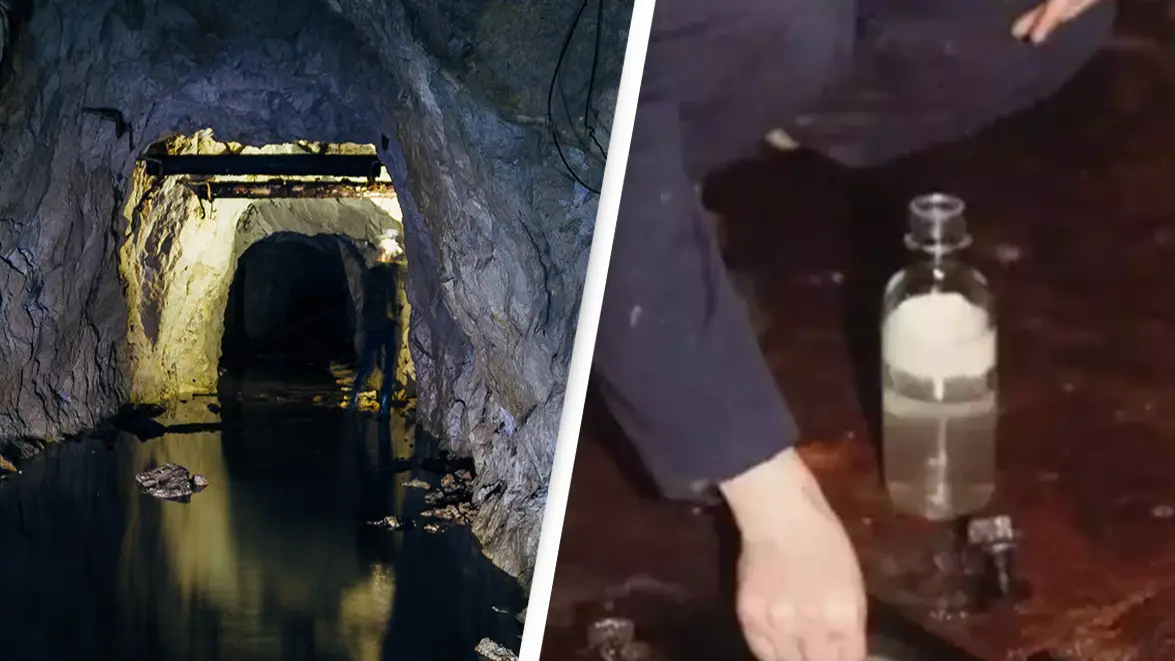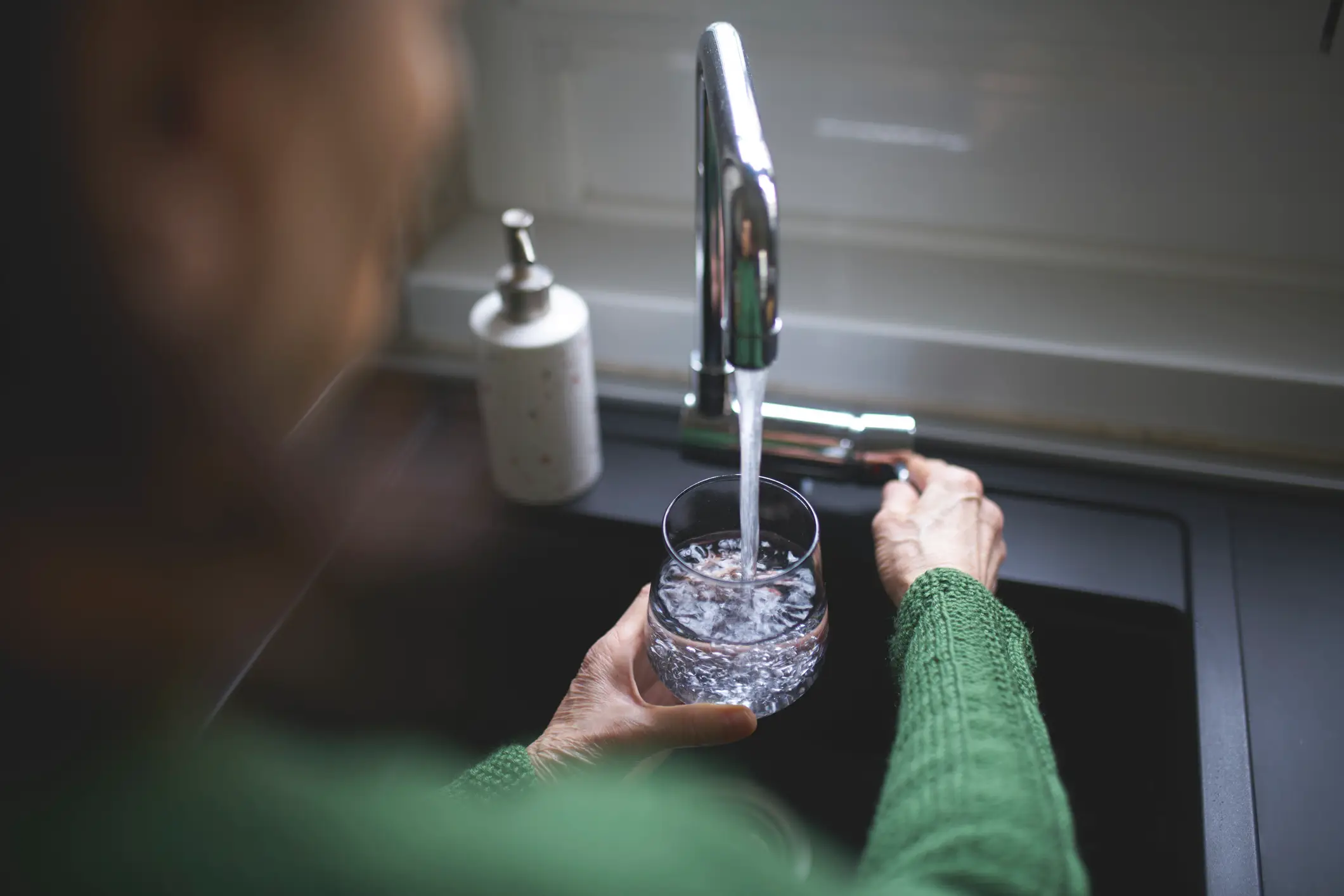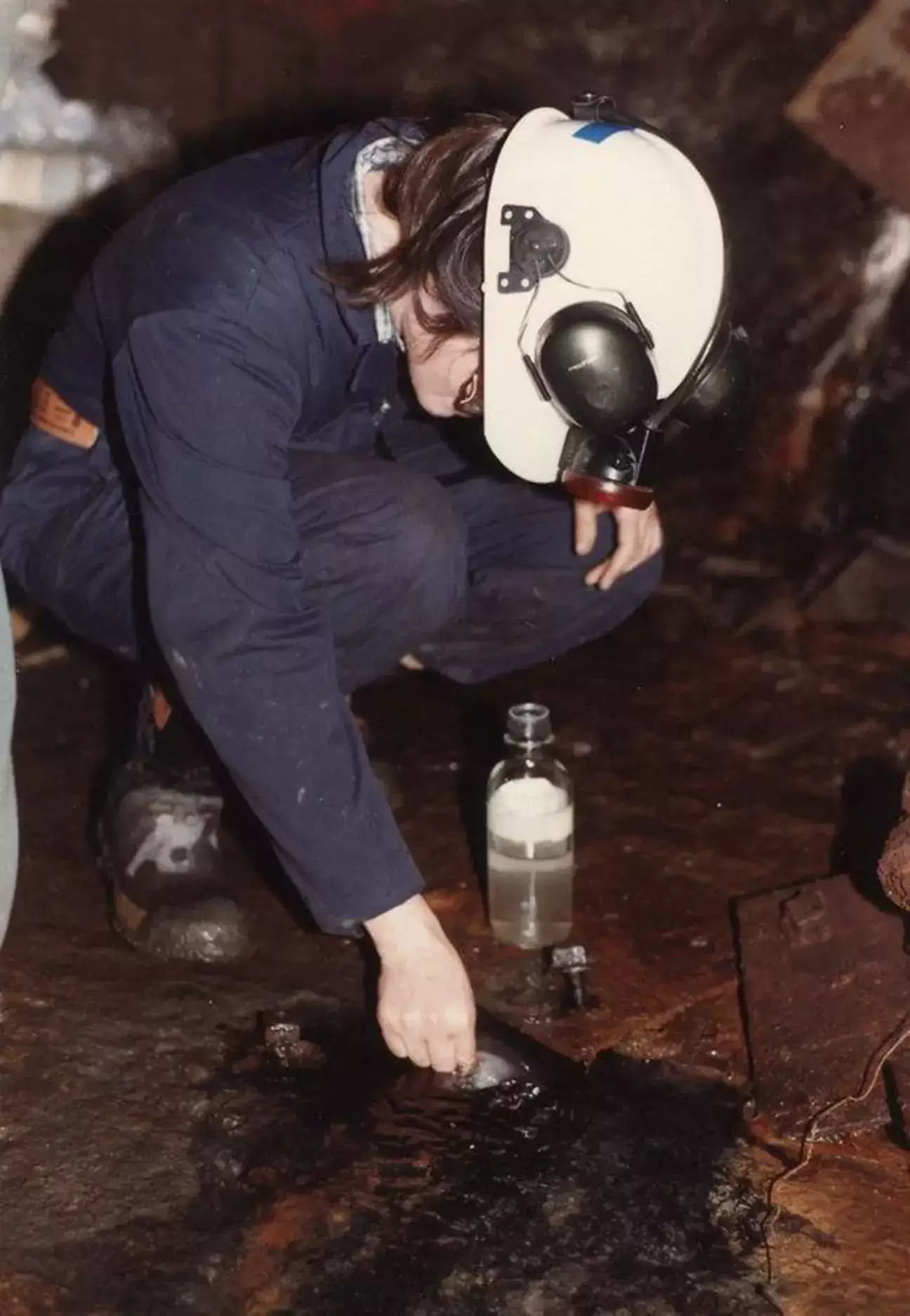
A geologist did the unthinkable when she took a sip of water that was billions of years old to see how it tasted.
That’s right, forget your filtered water, double filtered and whatever other trendy water there is out there... there’s ancient water right beneath us all.
Obviously, us normies don’t have access to it and if we did, there’s not much of a chance we’d even consider drinking it.
Think about it, there’s bacteria, microbes, and it could even be stagnant.
Advert

But in 2013, when scientists from the University of Toronto found water just over 1.5 miles beneath Earth’s surface, they were quick to test it.
This isolated water had been untouched by the outside world for millennia in Timmins, Ontario, Canada.
After taking a peek at how old it could be, their data concluded that it was somewhere between 1.5 billion and 2.6 billion years old, making it the world’s oldest water known to man.
However, Professor Barbara Sherwood Lollar took it one step further - as lead researcher, she decided that she would be the one to bite the bullet and take a sip.
According to Lollar, it tasted 'terrible'.
Speaking to the LA Times, the geologist remembered it for its saltiness.

She said: "Because of the reactions between the water and the rock, it is extremely salty. It is more viscous than tap water. It has the consistency of a very light maple syrup.
"It doesn’t have color when it comes out, but as soon as it comes into contact with oxygen it turns an orangy color because the minerals in it begin to form — especially the iron."
Even stranger, she went on to admit that she has ‘tasted it from time to time’, which means she willingly drank it more than once. Yuck.
And her reasoning?
"We are interested in the saltiest waters because they are the oldest, and tasting is the quick-and-dirty way to find which are the most salty."
Little did she know that just three years later in the same mine, her team would find even older water.

In 2016, Lollar and co found flowing water in the same place that was over 2.6 billion years old. This took the top spot from her previous water (the one she drank), though she didn’t say whether she tasted this one either.
Explaining to BBC News that year, she revealed how they knew it was older: “By looking at the sulphate in the water, we were able to see a fingerprint that’s indicative of the presence of life.
“And we were able to indicate that the signal we are seeing in the fluids has to have been produced by microbiology - and most importantly has to have been produced over a very long time scale.”
“The microbes that produced this signature couldn’t have done it overnight. This has to be an indication that organisms have been present in these fluids on a geological timescale.”
So, the sulphate was like a timestamp which revealed its age.
Topics: Food and Drink, Science, Weird, Canada
